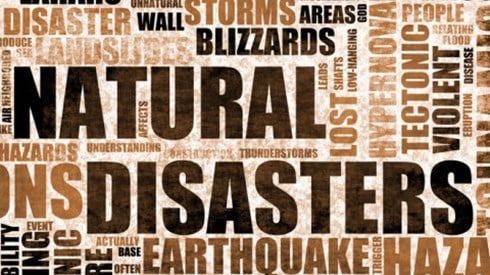Global Reinsurers' Tokyo Olympics Loss Could Reach $400 Million

July 14, 2021

Japan's decision to bar spectators from the Tokyo Olympics will likely cost global reinsurers $300 million to $400 million due to payouts for ticket and hospitality refunds, according to Fitch Ratings.
That loss is only 10 percent to 15 percent of the amount reinsurers would have faced had the Olympics been canceled, however, according to Fitch, and its impact on reinsurers' earnings should be limited, leaving capital and ratings unaffected.
Fitch estimated total insurance coverage for the summer games at approximately $2.5 billion. That includes $1.4 billion in coverage purchased by the International Olympic Committee and the Tokyo Organizing Committee, $800 million secured by broadcasters, and $300 million purchased by other parties such as sports teams, sponsors, and hospitality organizations.
"We believe reinsurers would bear most of the losses arising from this cover given that high-severity exposures are typically heavily reinsured," a Fitch statement said.
Fitch said that cancellation of the Olympics would have resulted in the largest-ever insured losses from a single event cancellation. That would have added to pressure on reinsurers' earnings from the COVID-19 pandemic and US casualty reserve deficiencies and come after several years of high natural catastrophe losses.
With the Olympics proceeding without spectators, reinsurance payouts should be largely limited to losses from ticket sales and hospitality, the rating agency said.
"The pandemic has led insurers and reinsurers to rethink some of the cover they provide and how they price it," Fitch said. "In the past, they may have considered cancellation risks for different events to be mostly uncorrelated. However, the pandemic has highlighted how mass cancellations can happen simultaneously due to a single trigger, with even mega-events, such as the Olympics, potentially at risk."
July 14, 2021



